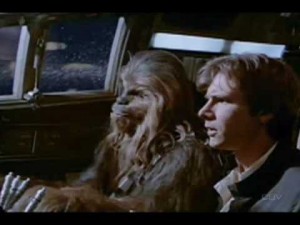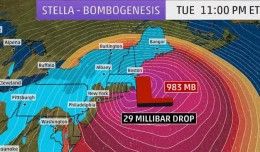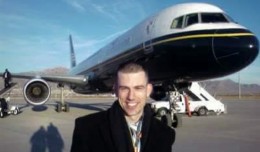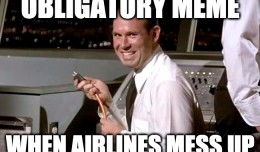In February, actor Harrison Ford made headlines when he accidentally landed on a taxiway at John Wayne Airport in Santa Ana, Calif. Many were surprised after an announcement from his attorney on Monday saying he would face no fine and continue to hold his pilot certificate without restriction. Once the surprise subsided, many wondered if he was receiving special treatment because he was a celebrity. Personally, I not only believe that he received none, but also that it is an example of everything that is right in aviation today.
Not to sound like a broken record, but we are of course in the safest era that aviation has ever seen. The stats I always offer are always about passenger airlines, but the United States’ overall safety culture in aviation is also at its pinnacle, with new and stronger standards being set regularly. For any flaws or complaints that people may have, the proof is in the pudding.
The operative term in there is “safety culture.” This references the environment that is ripe for not only having become safe, but for maintaining and improving on it as well. There are so many moving parts within a good safety culture, and it truly relies on the efforts of everyone involved, but the keystone to developing it is regulation and oversight.
Though we may roll our eyes at some of the more ridiculous hoops that we have to jump through in terms of aviation regulation, a vast majority of the rules that are in place are unfortunately written in blood. We go through all of these annoying steps, often because of painful lessons learned after someone died doing the opposite. Our federal regulators may not do it the exact way that you do it, but they’ve laid a regulatory groundwork that has taken care of that first step — becoming safe.
Once established, maintaining it requires that everyone be an active participant, the most importantly through communication. We must continue to learn from mistakes that we make, and not just the fatal ones.
But who wants to admit to a mistake and get themselves into trouble? This is where the strong safety culture comes into play. By creating an open door policy, the FAA makes self disclosure of errors somewhat more inviting. By offering a chance to address it and learn from it together, we can all benefit from trying to prevent it from happening again, because this same mistake may kill someone next time.
The treatment Mr. Ford received is not uncommon for pilots and others involved in aircraft operations receive, whether they are in general aviation or at a major airline. Though it was openly known, he admitted his mistake immediately after landing when calling the air traffic controller. He took it seriously, and the FAA said he was so very cooperative in the investigation. Because of this, new lessons may have been learned that can hopefully help prevent a more serious form of this mistake from happening again to someone else.
Maintaining a strong safety culture also requires that airmen keep their egos in check when stepping onto that airfield. The industry’s safety record cannot be taken for granted, and pilots are still not able to do anything they want and expect to get away with it. Not only does the FAA also have no problem dropping the hammer on you if need be, but carelessness and complacency can cost you your life, or the lives of others.
We must all stay smart and stay vigilant.
Phil Derner founded NYCAviation in 2003. A lifetime aviation enthusiast that grew up across the water from La Guardia Airport, Phil has aviation experience as a Loadmaster, Operations Controller and Flight Dispatcher. He owns and operates NYCAviation and performs duties as an aviation expert through writing, consulting, public speaking and media appearances. You can reach him by email or follow him on Twitter.








